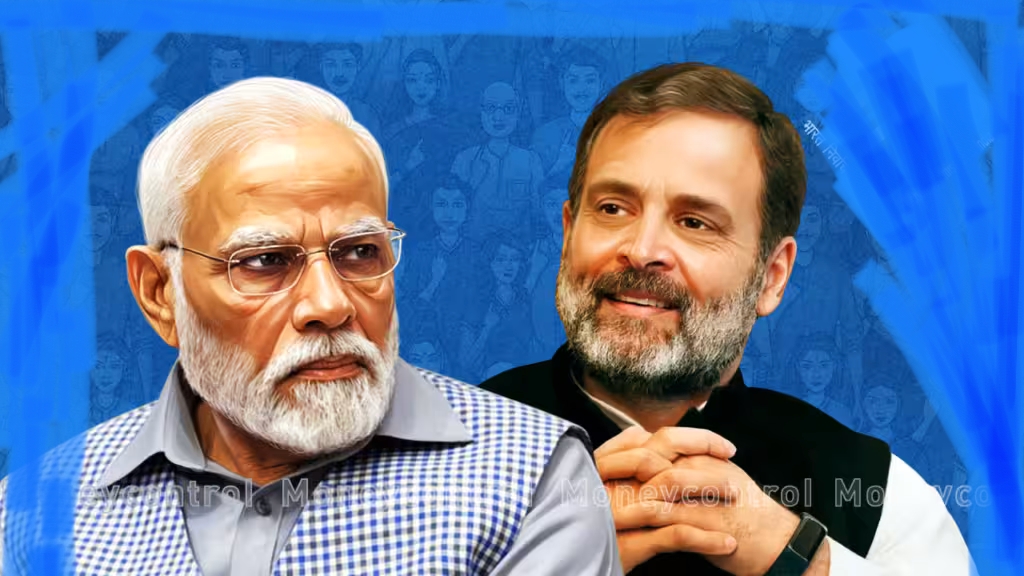In the intricate tapestry of Indian politics, the hypothetical scenario of the Indian National Congress overtaking the Bharatiya Janata Party (BJP) in the Lok Sabha election presents a compelling narrative.
While such a transition would require strategic planning, it also necessitates a nuanced understanding of the challenges beyond issues like communalism and the National Register of Citizens (NRC).
Strategic Considerations
Rebuilding Trust and Credibility
Congress must embark on a concerted effort to rebuild trust and credibility among voters. Years of electoral setbacks and internal strife have tarnished its image. Effective communication of its vision, coupled with tangible action on key issues, is imperative to regain public confidence.
Crafting a Cohesive Narrative
The party needs to articulate a coherent narrative that resonates with diverse segments of the population. This involves crafting messaging that transcends identity politics and addresses pressing concerns such as economic inequality, job creation, healthcare, and education.
Strengthening Organizational Infrastructure
Congress must invest in strengthening its organizational infrastructure at the grassroots level. This includes revitalizing its cadre base, fostering local leadership, and harnessing technology for voter outreach and mobilization.
Coalition Building and Alliances
Given the fragmented nature of Indian politics, Congress must adeptly navigate coalition dynamics. Building strategic alliances with regional parties and forging consensus on key policy issues can enhance its electoral prospects, particularly in states where it lacks a strong presence.
Challenges Beyond Communalism and NRC
- Economic Performance and Development Agenda: Congress faces the challenge of presenting a credible alternative economic vision to counter the BJP’s narrative of development and growth. Addressing concerns related to unemployment, agrarian distress, and economic disparity requires concrete policy proposals and effective implementation strategies.
- Leadership and Internal Cohesion: Internal cohesion and leadership stability are critical for Congress’s electoral success. Factionalism and leadership transitions have often hindered the party’s effectiveness. Strengthening internal democracy, fostering unity among party ranks, and projecting a strong, decisive leadership image are essential.
- Ideological Clarity and Innovation: Congress must articulate a clear ideological stance that distinguishes it from the BJP while remaining relevant in a rapidly evolving political landscape. Innovations in policy formulation and delivery mechanisms can demonstrate the party’s commitment to progressive values and inclusive governance.
- Communication and Outreach: Effective communication and outreach are pivotal for shaping public perception and countering BJP’s messaging machinery. Congress must leverage traditional and new media platforms to disseminate its message effectively, engage with voters, and dispel misconceptions about its policies and intentions.
The prospect of the Congress party surpassing the BJP in the Lok Sabha election is contingent upon a multifaceted strategy that addresses not only communalism and the NRC but also broader challenges related to governance, leadership, ideology, and communication.
By fostering trust, articulating a compelling vision, building strategic alliances, and addressing socio-economic concerns, Congress can position itself as a credible alternative and reshape the contours of Indian politics. However, navigating these challenges requires foresight, resilience, and a steadfast commitment to democratic principles and inclusive governance. #hydkhabar

